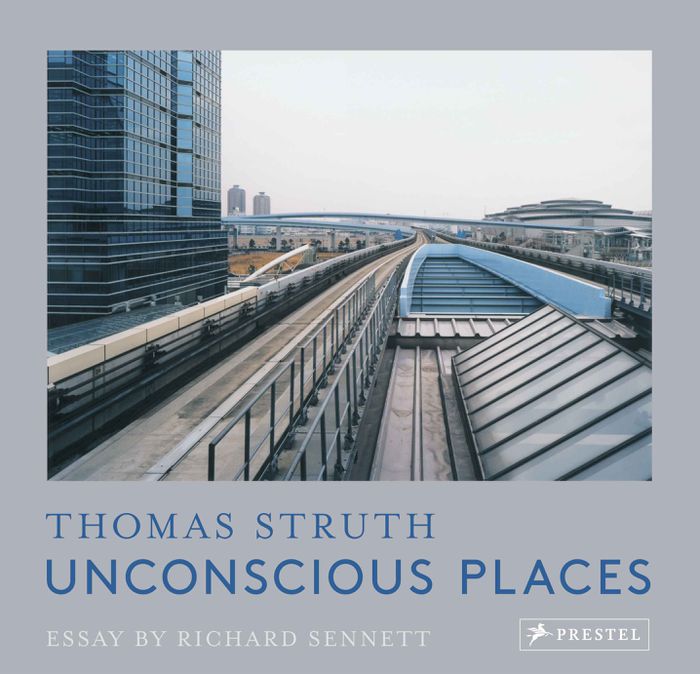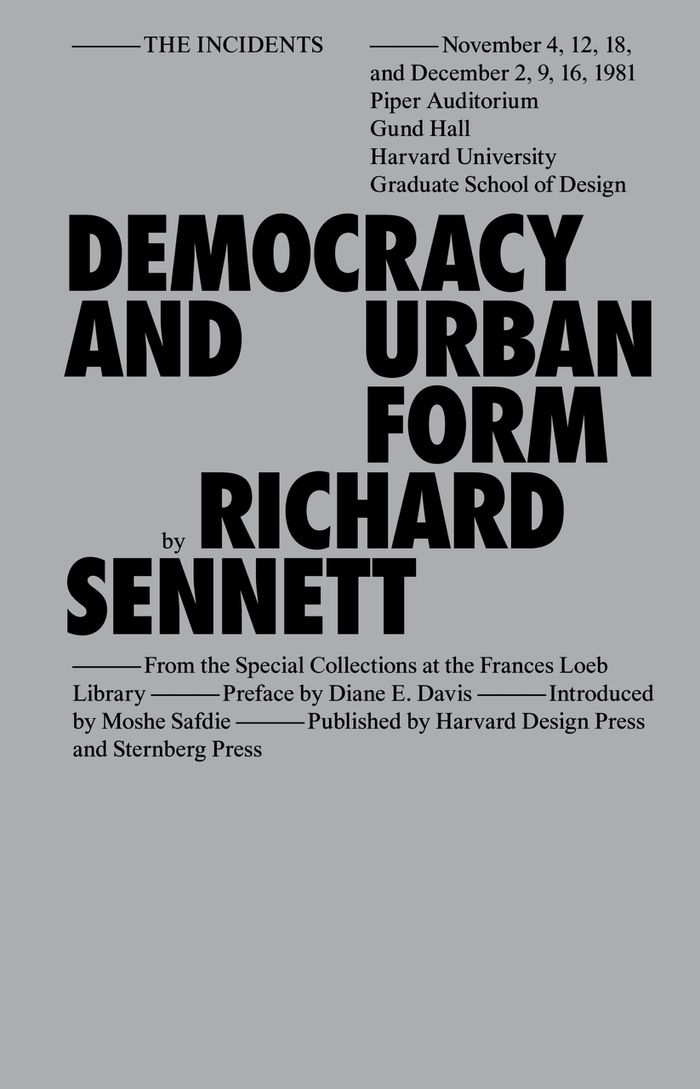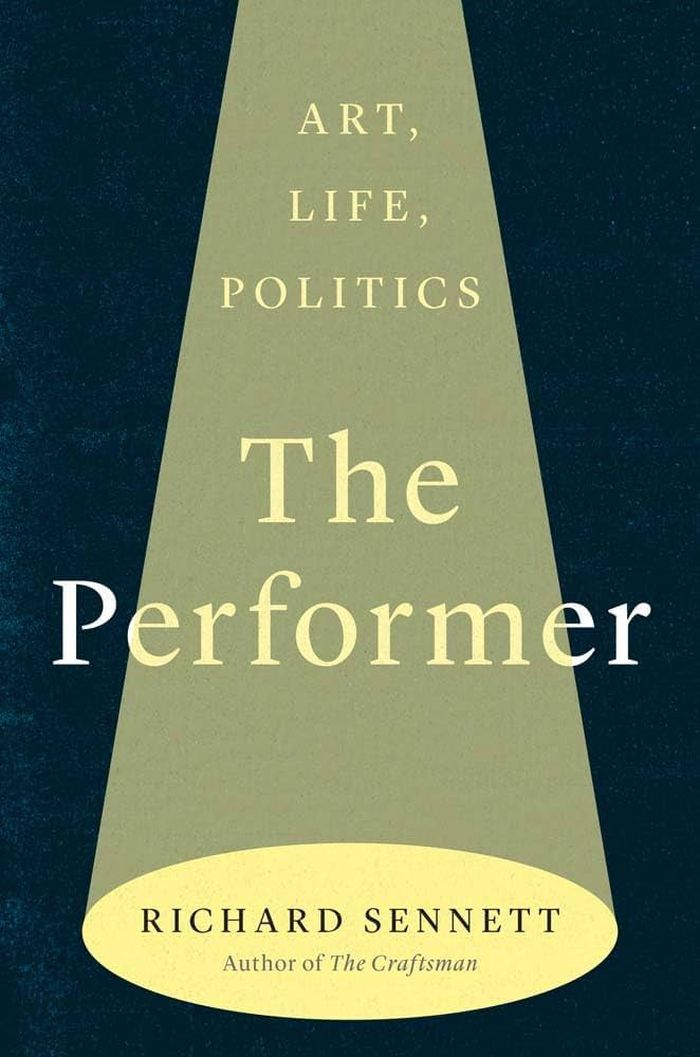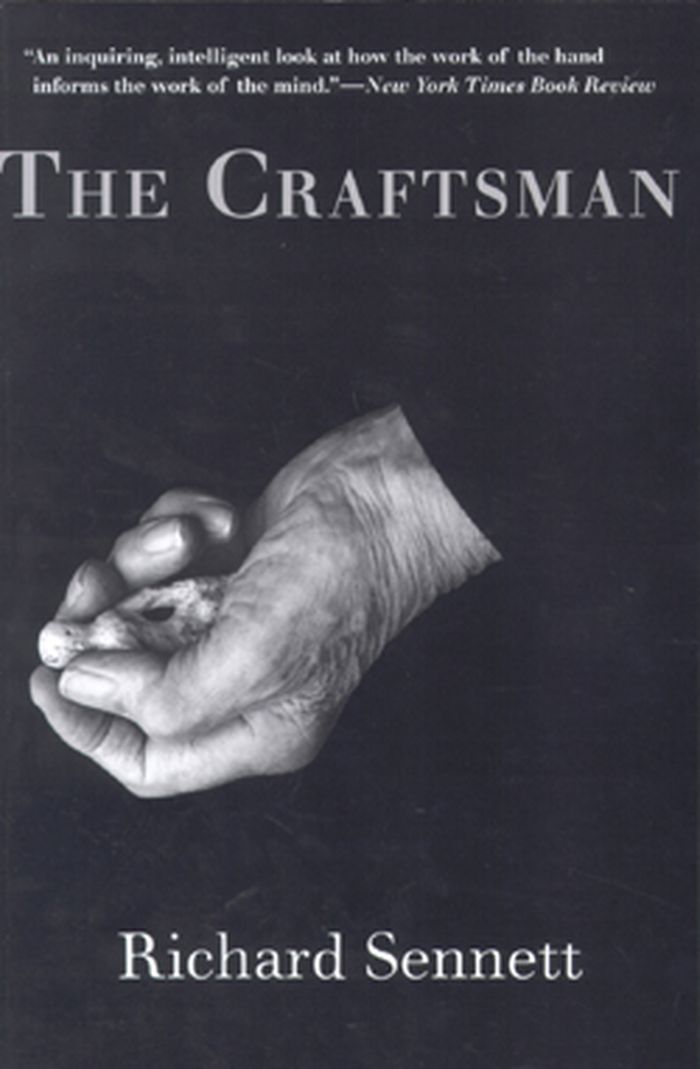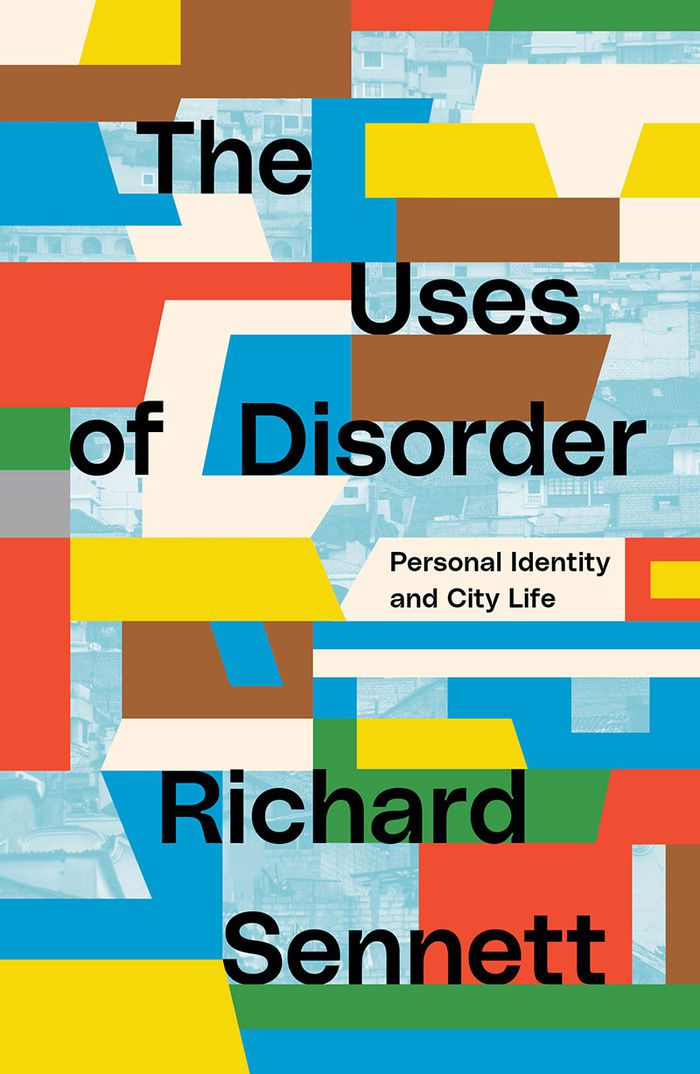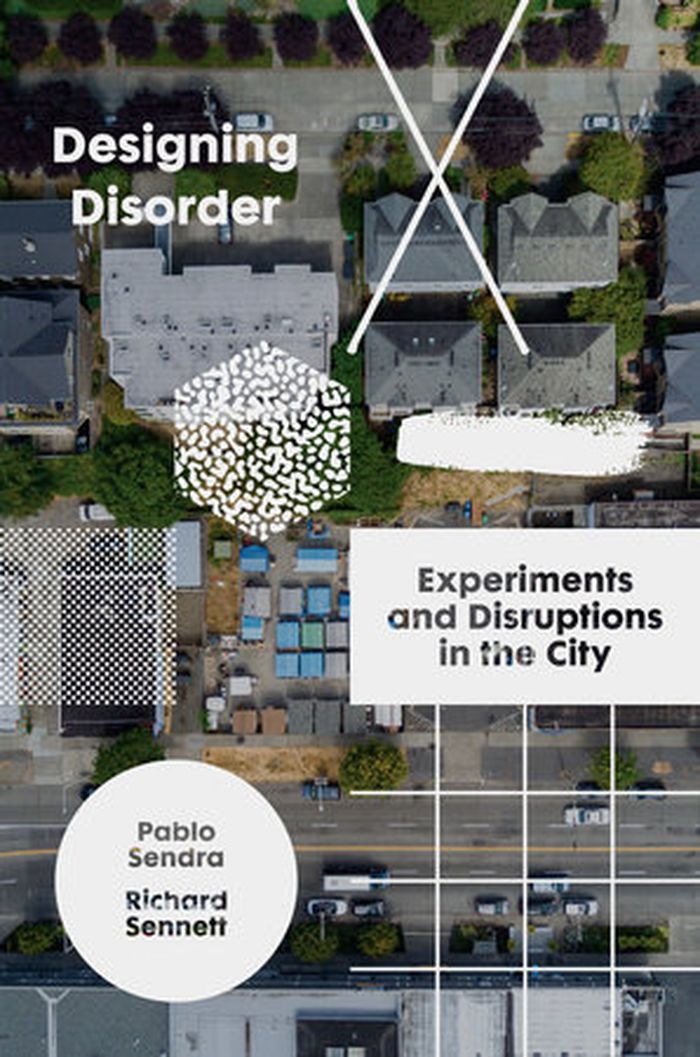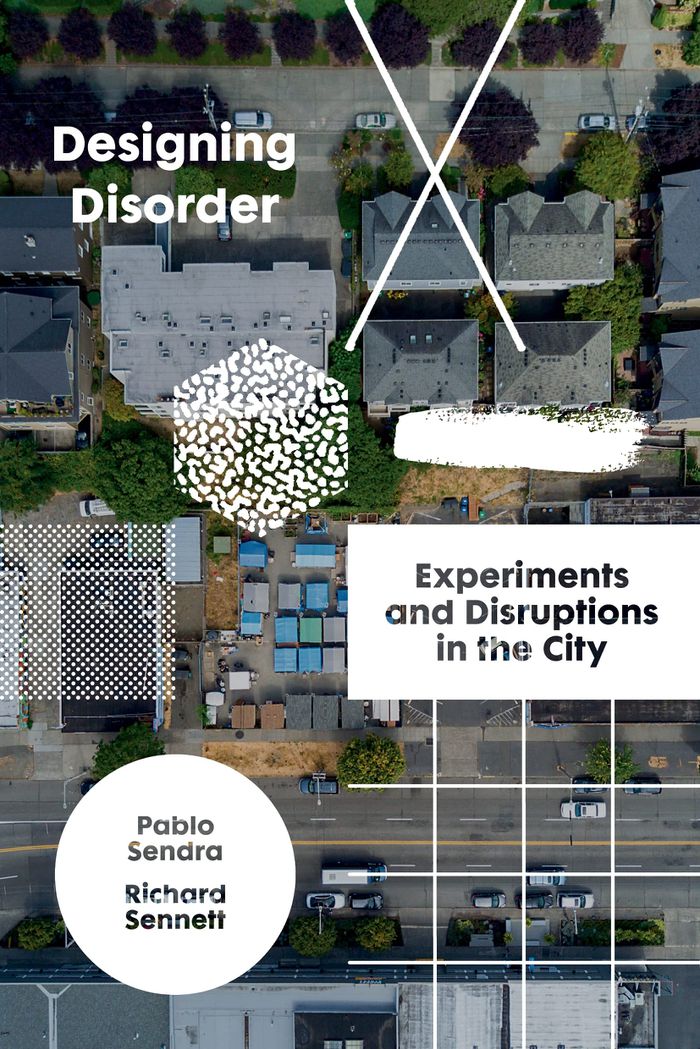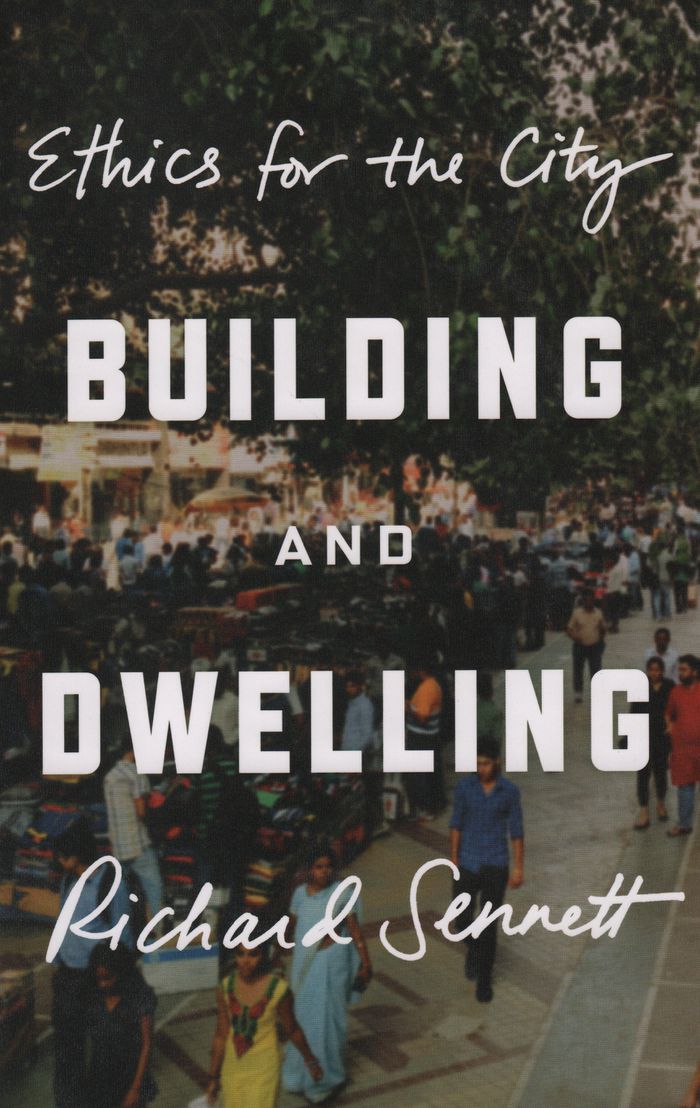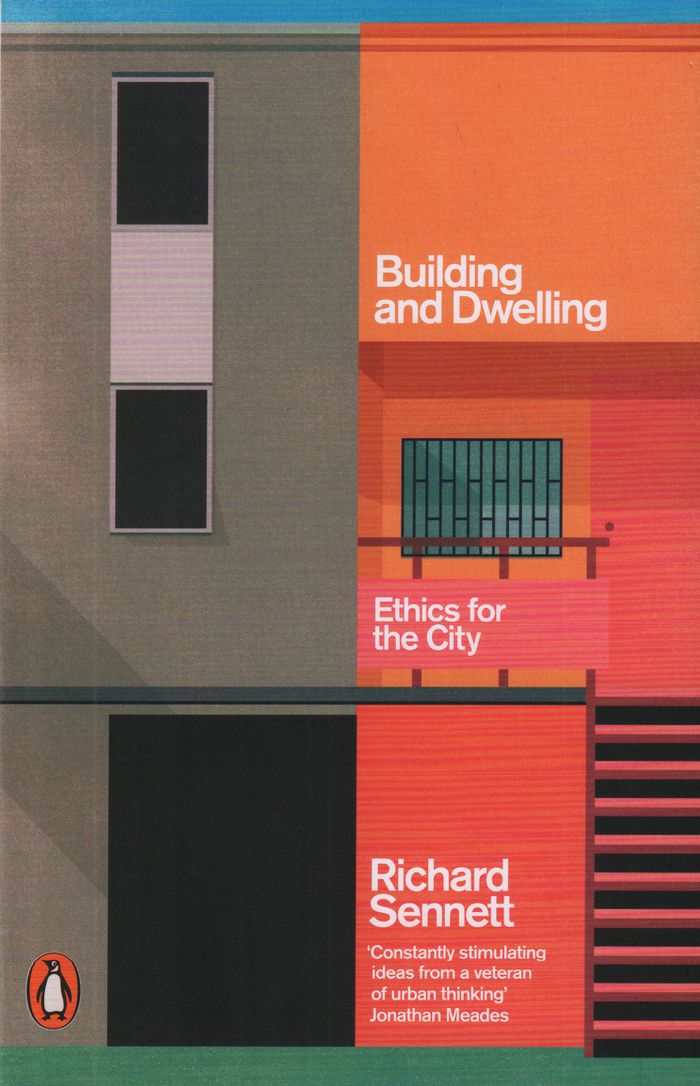$66.00
(disponible sur commande)
Résumé:
In this new edition of his striking collection of street views from 1970 to 2010. Thomas Struth presents a series of urban streetscapes from cities such as Edinburgh, Lima, Pyongyang, Naples, and New York City, all taken in similar conditions--devoid of human activity. Struth refers to these mundane buildings, unpopulated streets and anonymous facades as "unconscious(...)
Thomas Struth: Unconscious places
Actions:
Prix:
$66.00
(disponible sur commande)
Résumé:
In this new edition of his striking collection of street views from 1970 to 2010. Thomas Struth presents a series of urban streetscapes from cities such as Edinburgh, Lima, Pyongyang, Naples, and New York City, all taken in similar conditions--devoid of human activity. Struth refers to these mundane buildings, unpopulated streets and anonymous facades as "unconscious places"--environments that are imbued with meaning only by the viewer. Captured with exquisite technical prowess and presented with powerful, restrained neutrality, Struth's images allow us to fully appreciate a city's character--from its telephone wires above to the pavement below. Richard Sennett's illuminating essay reveals how Struth's sober, lucid photography leads the viewer to create their own conclusions, rather than forcing a perspective. The resulting interplay among photographer, viewer, and landscape may hold the key to understanding how architecture affects our daily lives.
Monographies photo
Democracy and urban form
$36.95
(disponible en magasin)
Résumé:
"Never have the potential political consequences of architecture been greater, and never has the political sensibility of architecture been less." This was the state of the discipline that social theorist and urban thinker Richard Sennett declared when he addressed an audience at the Harvard University Graduate School of Design in 1981. Over a series of six lectures,(...)
Democracy and urban form
Actions:
Prix:
$36.95
(disponible en magasin)
Résumé:
"Never have the potential political consequences of architecture been greater, and never has the political sensibility of architecture been less." This was the state of the discipline that social theorist and urban thinker Richard Sennett declared when he addressed an audience at the Harvard University Graduate School of Design in 1981. Over a series of six lectures, Sennett presented discourse as the foundation of democracy, and posited that our cities are uniquely positioned to either empower or constrict this discourse—and that the difference could lie in architecture and urban design. Now, over 40 years later, as political polarization persists and its consequences arise in both new and familiar ways, "Democracy and urban form" revisits questions that remain relevant: If discourse is the foundation of democracy, how can the design of our cities empower and enable discourse?
Théorie de l’urbanisme
livres
Spaces of democracy
$17.25
(disponible sur commande)
Résumé:
Text for the 1998 Raoul Walleberg Lecture given at University of Michigan, College of Architecture + Urban Planning.
Spaces of democracy
Actions:
Prix:
$17.25
(disponible sur commande)
Résumé:
Text for the 1998 Raoul Walleberg Lecture given at University of Michigan, College of Architecture + Urban Planning.
livres
janvier 1998, Ann Arbor
petits formats
$45.00
(disponible en magasin)
Résumé:
In ''The Performer'', Richard Sennett explores the relations between performing in art (particularly music), politics, and everyday experience. It focuses on the bodily and physical dimensions of performing, rather than on words. Sennett is particularly attuned to the ways in which the rituals of ordinary life are performances.
The performer: Art, life, and politics
Actions:
Prix:
$45.00
(disponible en magasin)
Résumé:
In ''The Performer'', Richard Sennett explores the relations between performing in art (particularly music), politics, and everyday experience. It focuses on the bodily and physical dimensions of performing, rather than on words. Sennett is particularly attuned to the ways in which the rituals of ordinary life are performances.
Social
The craftsman
$32.00
(disponible en magasin)
Résumé:
In this thought-provoking book, Richard Sennett explores the work of craftsmen past and present, identifies deep connections between material consciousness and ethical values, and challenges received ideas about what constitutes good work in today’s world.
The craftsman
Actions:
Prix:
$32.00
(disponible en magasin)
Résumé:
In this thought-provoking book, Richard Sennett explores the work of craftsmen past and present, identifies deep connections between material consciousness and ethical values, and challenges received ideas about what constitutes good work in today’s world.
Social
The uses of disorder
$25.95
(disponible sur commande)
Résumé:
When first published in 1970, The Uses of Disorder, was a call to arms against the deadening hand of modernist urban planning upon the thriving chaotic city. Written in the aftermath of the 1968 student uprising in the US and Europe, it demands a reimagination of the city and how class, city life and identity combine. Too often, this leads to divisions, such as the middle(...)
The uses of disorder
Actions:
Prix:
$25.95
(disponible sur commande)
Résumé:
When first published in 1970, The Uses of Disorder, was a call to arms against the deadening hand of modernist urban planning upon the thriving chaotic city. Written in the aftermath of the 1968 student uprising in the US and Europe, it demands a reimagination of the city and how class, city life and identity combine. Too often, this leads to divisions, such as the middle class flight to the suburbs, leaving the inner cities in desperate straits. In response, Sennett offers an alternative image of a “dense, disorderly, overwhelming cities” that allow for change and the development of community. Fifty years later this book is as essential as it was when it first came out, and remains an inspiration to architects, planners and urban thinkers everywhere.
Social
$33.95
(disponible sur commande)
Résumé:
A manifesto for the Open City: vibrant, disordered, adaptable. In 1970 Richard Sennett published the ground breaking ''The uses of disorder,'' that the ideal of a planned and ordered city was flawed, likely to produce a fragile, restrictive urban environment. Fifty years later, Sennett returns to these still fertile ideas and alongside campaigner and architect, Pablo(...)
Designing disorder: experiments and disruptions in the city
Actions:
Prix:
$33.95
(disponible sur commande)
Résumé:
A manifesto for the Open City: vibrant, disordered, adaptable. In 1970 Richard Sennett published the ground breaking ''The uses of disorder,'' that the ideal of a planned and ordered city was flawed, likely to produce a fragile, restrictive urban environment. Fifty years later, Sennett returns to these still fertile ideas and alongside campaigner and architect, Pablo Sendra, sets out an agenda for the design and ethics of the Open City. The public spaces of our cities are under siege from planners, privatisation and increased surveillance. Our streets are becoming ever more lifeless and ordered. What is to be done? Can disorder be designed? Is it possible to maintain the public realm as a flexible space that adapts over time? In this provocative essay Sendra and Sennett propose a reorganisation of how we think and plan the social life of our cities. What the authors call 'Infrastructures of disorder' combine architecture, politics, urban planning and activism in order to develop places that nurture rather than stifle, bring together rather than divide up, remain open to change rather than closed off. The book proves that ideas of disorder are still some of the most radical and transformative in debates on 21st century cities.
Théorie de l’urbanisme
$25.95
(disponible sur commande)
Résumé:
A manifesto for the Open City: vibrant, disordered, adaptable. In 1970 Richard Sennett published the ground breaking ''The uses of disorder,'' that the ideal of a planned and ordered city was flawed, likely to produce a fragile, restrictive urban environment. Fifty years later, Sennett returns to these still fertile ideas and alongside campaigner and architect, Pablo(...)
Designing disorder: Experiments and disruptions in the ciity
Actions:
Prix:
$25.95
(disponible sur commande)
Résumé:
A manifesto for the Open City: vibrant, disordered, adaptable. In 1970 Richard Sennett published the ground breaking ''The uses of disorder,'' that the ideal of a planned and ordered city was flawed, likely to produce a fragile, restrictive urban environment. Fifty years later, Sennett returns to these still fertile ideas and alongside campaigner and architect, Pablo Sendra, sets out an agenda for the design and ethics of the Open City.
Théorie de l’urbanisme
$39.00
(disponible sur commande)
Résumé:
A preeminent thinker redefines the meaning of city life and charts a way forward. « Building and Dwelling » is the definitive statement on cities by the renowned public intellectual Richard Sennett. In this sweeping work, he traces the anguished relation between how cities are built and how people live in them, from ancient Athens to twenty-first-century Shanghai.
Building and dwelling: ethics for the city
Actions:
Prix:
$39.00
(disponible sur commande)
Résumé:
A preeminent thinker redefines the meaning of city life and charts a way forward. « Building and Dwelling » is the definitive statement on cities by the renowned public intellectual Richard Sennett. In this sweeping work, he traces the anguished relation between how cities are built and how people live in them, from ancient Athens to twenty-first-century Shanghai.
Théorie de l’urbanisme
$24.00
(disponible sur commande)
Résumé:
In ''Building and dwelling,'' Richard Sennett distils a lifetime's thinking and practical experience to explore the relationship between the good built environment and the good life. He argues for, and describes in rich detail, the idea of an open city, one in which people learn to manage complexity. He shows how the design of cities can enrich or diminish the everyday(...)
Building and dwelling: ethics for the city
Actions:
Prix:
$24.00
(disponible sur commande)
Résumé:
In ''Building and dwelling,'' Richard Sennett distils a lifetime's thinking and practical experience to explore the relationship between the good built environment and the good life. He argues for, and describes in rich detail, the idea of an open city, one in which people learn to manage complexity. He shows how the design of cities can enrich or diminish the everyday experience of those who dwell in them. The book ranges widely - from London, Paris and Barcelona to Shanghai, Mumbai and Medellin in Colombia - and draws on classic thinkers such as Tocqueville, Heidegger, Max Weber, and Walter Benjamin. It also draws on Sennett's many decades as a practical planner himself, testing what works, what doesn't, and why. He shows what works ethically is often the most practical solution for cities' problems.
Théorie de l’urbanisme
